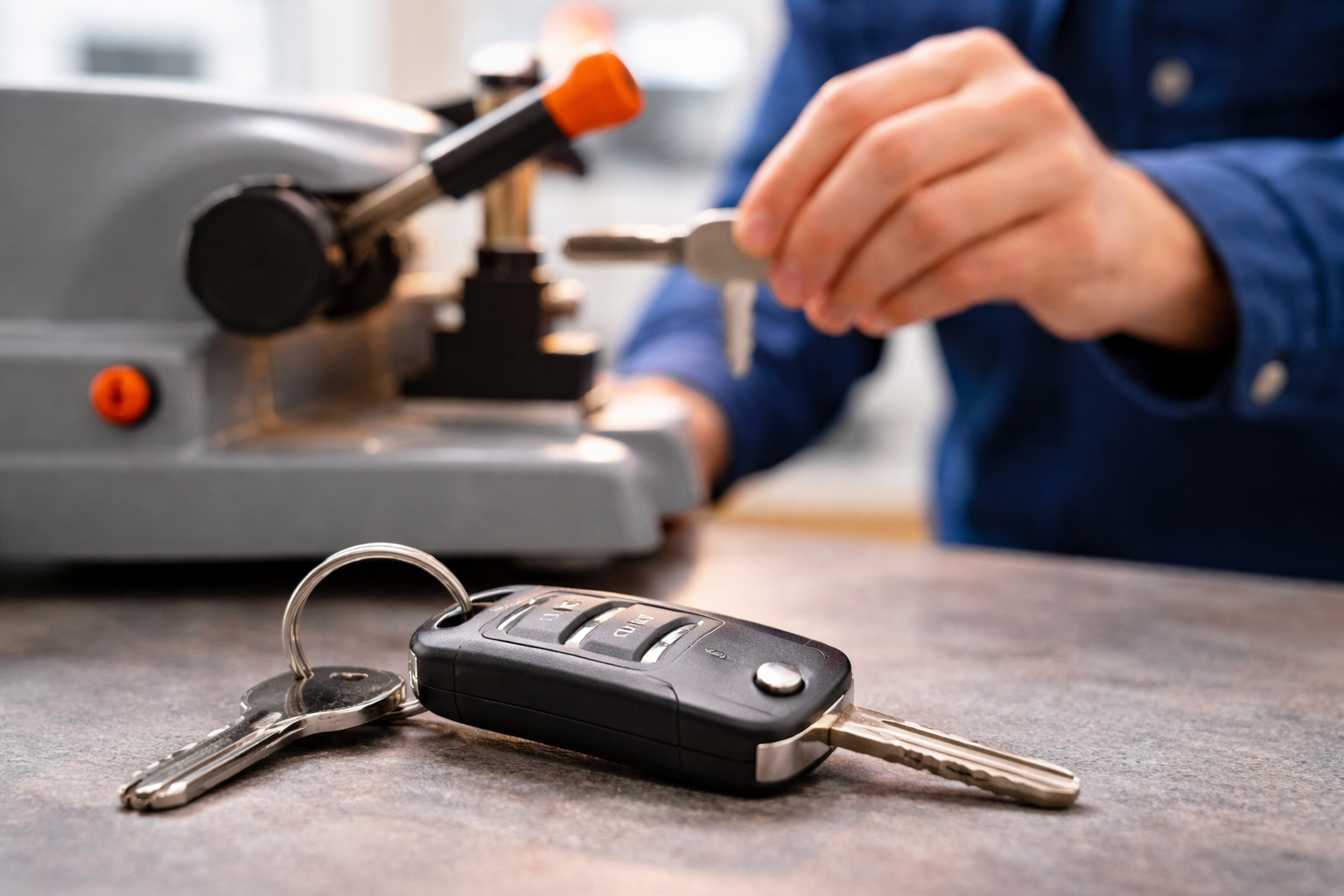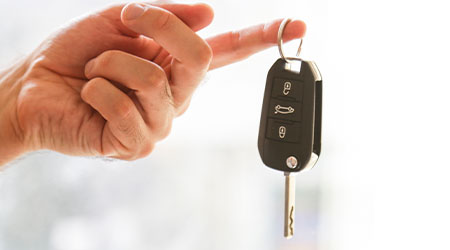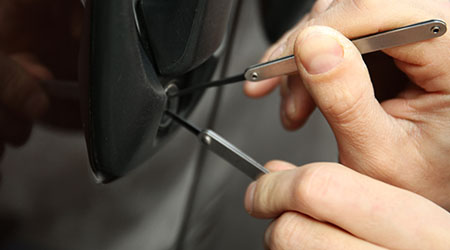Car keys have changed a lot over the years. What used to be a simple metal blade is now a small piece of tech with advanced security. At Your Key Maker, we often get asked: What’s the difference between transponder keys and traditional keys? Therefore, this post will break it down so you can understand what you’re using—and what it means if you lose it.
Understanding Traditional Car Keys
Traditional car keys are purely mechanical. In other words, they don’t have any electronics. The cuts on the blade match the pins in your car’s ignition lock cylinder. So, when the key turns, the car starts. That’s it.
Because there’s no chip or programming, these keys are cheaper to replace. For example, older model cars often use this type of key, and we can cut a duplicate quickly right from our van.
However, traditional keys offer less protection against theft. That is to say, anyone who duplicates your key can potentially steal your vehicle. Consequently, many automakers moved toward electronic systems over the last two decades.
What Is a Transponder Key?
A transponder key contains a tiny electronic chip embedded in the plastic head of the key. That chip sends a signal to your car’s engine control unit (ECU). If the signal matches, the engine will start. If it doesn’t, the car stays off—even if the metal blade turns.
Therefore, a transponder key adds an extra layer of security. This system has been standard in most cars since the late 1990s. In other words, if you drive a newer vehicle, you likely have a transponder key—even if it looks like a regular one.
At Your Key Maker, we program these keys on-site. As a result, you don’t have to tow your vehicle to the dealership to get a working replacement.
Key Differences You Should Know
The biggest difference comes down to security and programming. Traditional keys are simple to duplicate, while transponder keys require electronic pairing with your car.
To clarify, here’s how they differ:
- Security: Transponder keys prevent hot-wiring and unauthorized duplicates
- Cost: Traditional keys are cheaper; transponder keys involve programming
- Functionality: Traditional keys only turn the ignition; transponders send a coded signal
- Replacement Process: Traditional keys can be copied easily; transponders need a special programmer and diagnostic tools
Consequently, losing a transponder key can be more expensive—but not as bad as most people think. Especially when Your Key Maker handles the job instead of the dealership.
Can a Locksmith Replace Both Types?
Yes—and that’s what sets Your Key Maker apart. We’re not just cutting metal keys. Our technicians carry the equipment to cut, program, and test transponder keys right at your location. Likewise, if your car uses a traditional key, we can make duplicates in minutes.
Most importantly, we verify that your new key works before we leave. No guesswork, no return trips.
In addition, we provide key fob services, push-start systems, and smart keys for newer vehicles. Above all, we aim to cover every make, model, and key type in the industry.
Which One Is Right for You?
If you’re driving an older car, you may only need a traditional key. However, if your vehicle was made after the late 1990s—or includes a remote unlock button—chances are, it’s a transponder system. Therefore, always check before you get a replacement made.
Some car keys even look traditional but have a transponder chip inside. That is to say, just because it’s metal doesn’t mean it’s basic.
When in doubt, contact Your Key Maker, and we’ll confirm your key type in seconds. We use key-code scanners and VIN lookups to match the correct replacement every time.
Final Thoughts: What You Should Do Next
In conclusion, understanding the difference between transponder keys and traditional keys helps you make smarter decisions. It’s not just about cost—it’s about protecting your car and choosing the right replacement process.
To sum up, transponder keys are more secure, but they require expert tools to replace. Traditional keys are simple and fast to duplicate. Fortunately, Your Key Maker handles both with ease.
Need a replacement or spare? Call Your Key Maker today for fast, mobile service wherever you are.



